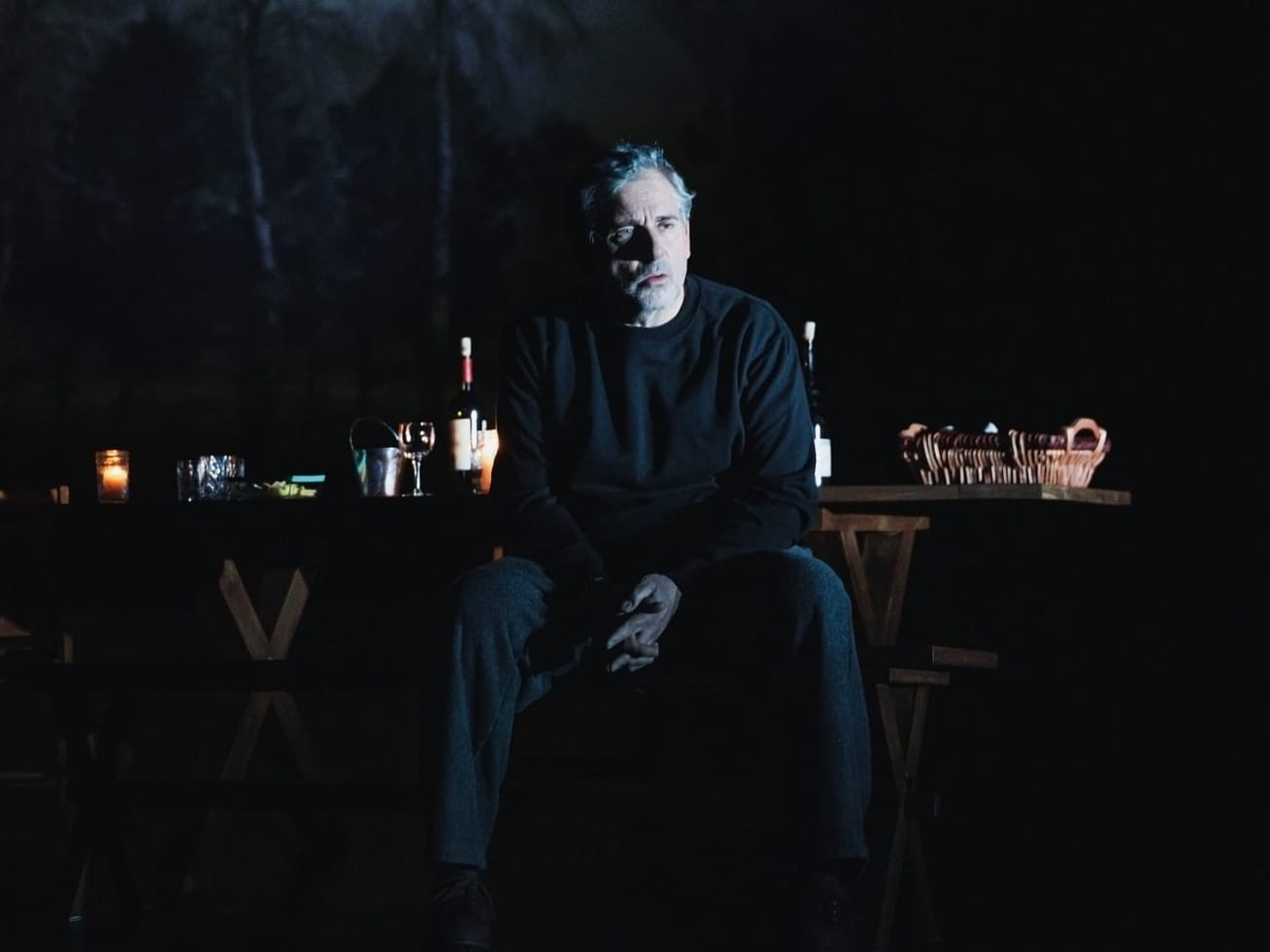Good morning, and welcome to Broadway News’ Broadway Review by Brittani Samuel — our overview of reactions, recommendations and information tied to last night’s Broadway opening of “Doubt: A Parable.”
RUNDOWN

The script of John Patrick Shanley’s triumphant religious drama “Doubt: A Parable'' overwhelms audiences with heartbreak. There is the ache of Sister Aloysius, a guarded older nun at St. Nicholas Catholic School, who suspects wrongdoing but has little autonomy to stop it. There is the unseen, but much-discussed ache of young Donald Muller, the first Black student at St. Nicholas who is often beaten by his father. There is even the ache of Father Flynn, a parish priest accused of misconduct, so confounded by desire and despair that he yearns for God's direction in his life. Now, too, is the pain of watching such a quietly captivating and complex play yearn for theatrical direction in Roundabout Theatre Company’s lifeless revival. There is little physical action in Shanley’s parable — characters don’t do much aside from talking and strolling the melancholic mid-century Catholic school grounds. The only activity of the play is the act of accusation, so we rely on an ensemble — preferably a tighter one more committed to relaying the play’s high stakes than director Scott Ellis gathers here — to guide us through all of Shanley’s nefarious themes. To be fair, this “Doubt” is up against grave odds — namely the hospitalization of its original leading actor, Tyne Daly, and the hasty substitution of actor Amy Ryan as Sister Aloysius. Ryan’s rapid assumption of the role is evident. And while her use of a teleprompter under these circumstances is plenty forgivable, her lack of intimidation and ferociousness (key elements to the character’s multidimensionality when married with her radical empathy for the alleged victims) is not. Perhaps, with more time for Ryan to settle into the habit, I could write a very different review. But until then, this play about faith will continue to commit the ultimate theatrical sin — boredom.






















































